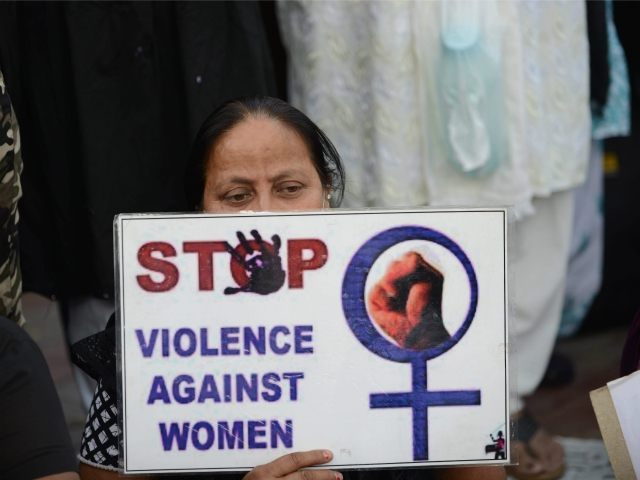The BBC has debunked a story, picked up by human rights NGO Amnesty International, alleging that two sisters in India were sentenced to rape because their brother eloped with a married woman.
The story gained international attention after Amnesty International published a petition to save the two sisters. The BBC’s Sanjoy Majumder expressed disappointment that the world is concentrating on something that did not happen instead of young people who cannot choose who they marry.
He traveled to Sankraud to investigate the details. He interviewed the residents, who “are outraged” because the events in the story never took place.
“We’ve read in the newspapers that a British MP has expressed concern over the so called shameful treatment of women in our village,” exclaimed one man. “The reports are completely false. We are so ashamed that our village is in the news for something that did not even happen. We feel dishonoured.”
Majumder found one of the sister’s petition in Delhi. She requested protection because the relatives of her brother’s new wife allegedly threatened the family since they are in a higher class. She also expressed concern about the woman because she is back with her family.
However, when Majumder visited the young bride, the family told him the “elopement” went against the woman’s will. A cousin claimed the woman “never went willingly.” The males allowed him to visit the woman as long as two male relatives remained the room. She kept her eyes on the floor.
“I barely knew the man,” she claimed. “I didn’t even know his name. He tricked me into going with him saying he’ll get me a job. Then he kept me against my will.”
The reporter said “her answers appear a bit rehearsed.” He also noticed the boy who allegedly kidnapped her is only two houses down.
“It’s easy to imagine how they met and decided to run away,” write Majumder.
Something occurred between the man and woman, but Superintendent of Police Vidyasagar Misra could not find anything illegal.
“We believe that the woman went with the man willingly,” he stated. “But in our investigations we didn’t find any evidence that a village council meeting took place and order passed against anyone as reported.”
The BBC reached out to Amnesty International only to discover the human rights organization did not confirm the story before they set up a petition.
“We have not been on the ground, we have not visited the village,” explained spokesperson Gopika Bashi. “We still believe that whatever has occurred, regardless of allegations being thrown back and forth that it’s very important that the family is safe and the girls are safe.”
But it all comes down to arranged marriages that troubled Majumder. The main point of the story is the man and woman could not marry because they are in different classes.
“You people in the city may inter-marry, it’s your custom,” an elder told Majumder. “Not here, not in our village. We have our customs and our traditions and we will preserve them, at any cost.”

COMMENTS
Please let us know if you're having issues with commenting.